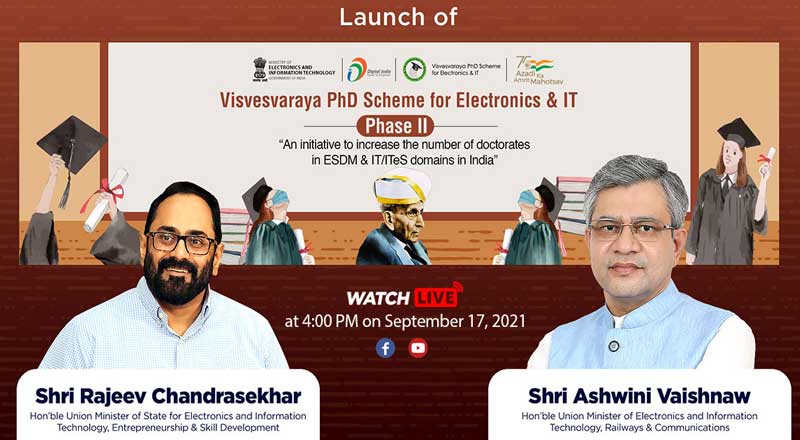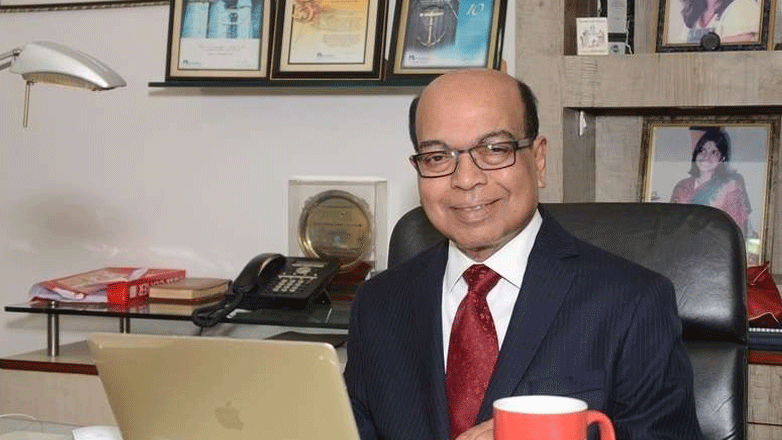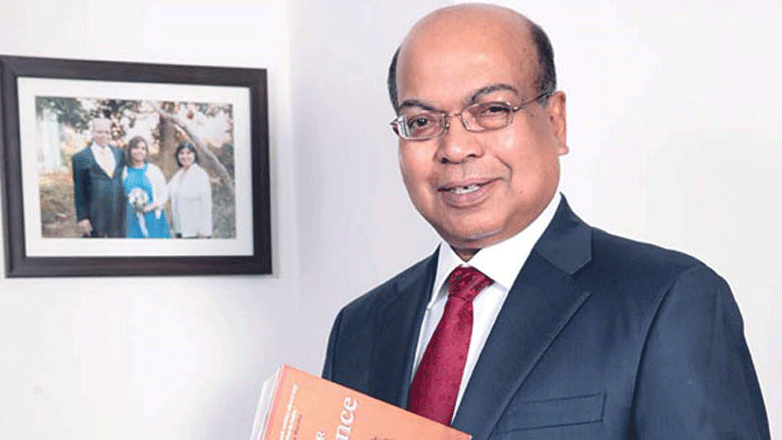A Deadly Day in Kashmir: Pahalgam Under Attack
On April 22, 2025, one of the deadliest terror attacks in Indian history unfolded in the scenic Baisaran Valley of Jammu and Kashmir’s Pahalgam. Gunmen opened fire on a crowd of tourists, killing 26 people. In a horrifying twist, victims were allegedly asked their religion before being executed — a brutal act that shocked the nation and the world.
This massacre, targeting civilians, including women and children, triggered swift and severe retaliation from India. The Indian armed forces launched Operation Sindoor, demolishing nine terror camps across Pakistan’s Punjab province and Pakistan-occupied-Kashmir (PoK). Pakistan responded with strikes in Indian border states, killing at least 15 civilians and security personnel before a ceasefire was brokered on May 10.
Bilawal Bhutto’s Admission: Terrorism, But Not the State?
Weeks later, in a candid interview with Indian journalist Karan Thapar, Bilawal Bhutto Zardari, former Foreign Minister of Pakistan and Chairman of the Pakistan People’s Party (PPP), acknowledged the Pahalgam killings as a terrorist attack. He also conceded that terror groups such as Lashkar-e-Taiba (LeT) and Jaish-e-Mohammed (JeM) are active within Pakistan.
However, Bhutto firmly denied the Pakistani state’s direct involvement, calling accusations against the army and government “propaganda.” Instead, he claimed Pakistan, too, is a victim of terrorism — citing over 92,000 deaths, including 1,200 civilians in 2024 alone.
Who is Behind the Pahalgam Attack?
Indian intelligence has pointed fingers at Pakistan-based terror groups, prompting worldwide scrutiny. In the interview, Bhutto confirmed that Pakistan-based outfits, like LeT and JeM — both banned under UN terror lists — have roots in Pakistan but insisted they are no longer state-supported.
He attempted to contextualize their origin, saying these groups were born during the Afghan jihad and later branded as terrorist entities post-9/11. According to Bhutto, the “zihadification” of Pakistan, especially during General Zia-ul-Haq’s dictatorship, laid the groundwork for the rise of radical outfits. “We are not running away from our past,” he said, noting that Pakistan and the international community were jointly responsible for fueling these extremist ideologies during the Cold War era.
On Hafiz Saeed and Mumbai 2008
When pressed about Hafiz Saeed, mastermind of the 2008 Mumbai attacks and founder of LeT, Bhutto pointed out that Saeed had been sentenced to 31 years in 2022. However, he controversially blamed India for delaying justice, alleging that the Indian government failed to provide evidence and witnesses.
His tone became visibly strained under continued questioning, even threatening to walk out of the interview. The exchange highlighted persistent mistrust between the two nations and unresolved wounds from Mumbai 26/11.
A Call for Cooperation — Not Conflict
Despite the heated discussion, Bhutto ended on a conciliatory note. Drawing on personal loss — his mother Benazir Bhutto was assassinated in a terror attack — he advocated for dialogue over hostility, and a joint anti-terror platform between India and Pakistan.
“Let’s not define each other through hate,” he said. “Every Pakistani is not a terrorist, just as every Indian is not an enemy.”
A Rare Acknowledgment, but the Road Ahead Is Unclear
Bilawal Bhutto's public admission that the Pahalgam attack was an act of terrorism and that groups like LeT and JeM operate from within Pakistan marks a rare moment of political honesty. However, his denial of state complicity and attempt to shift part of the blame to historical geopolitical forces may not satisfy Indian expectations for accountability.
While the acknowledgement is significant, the deeper question remains: What concrete steps will Pakistan take to dismantle these terror networks? Until that is addressed, cooperation will remain an elusive dream — and trust, a distant hope.
(With agency inputs)






















